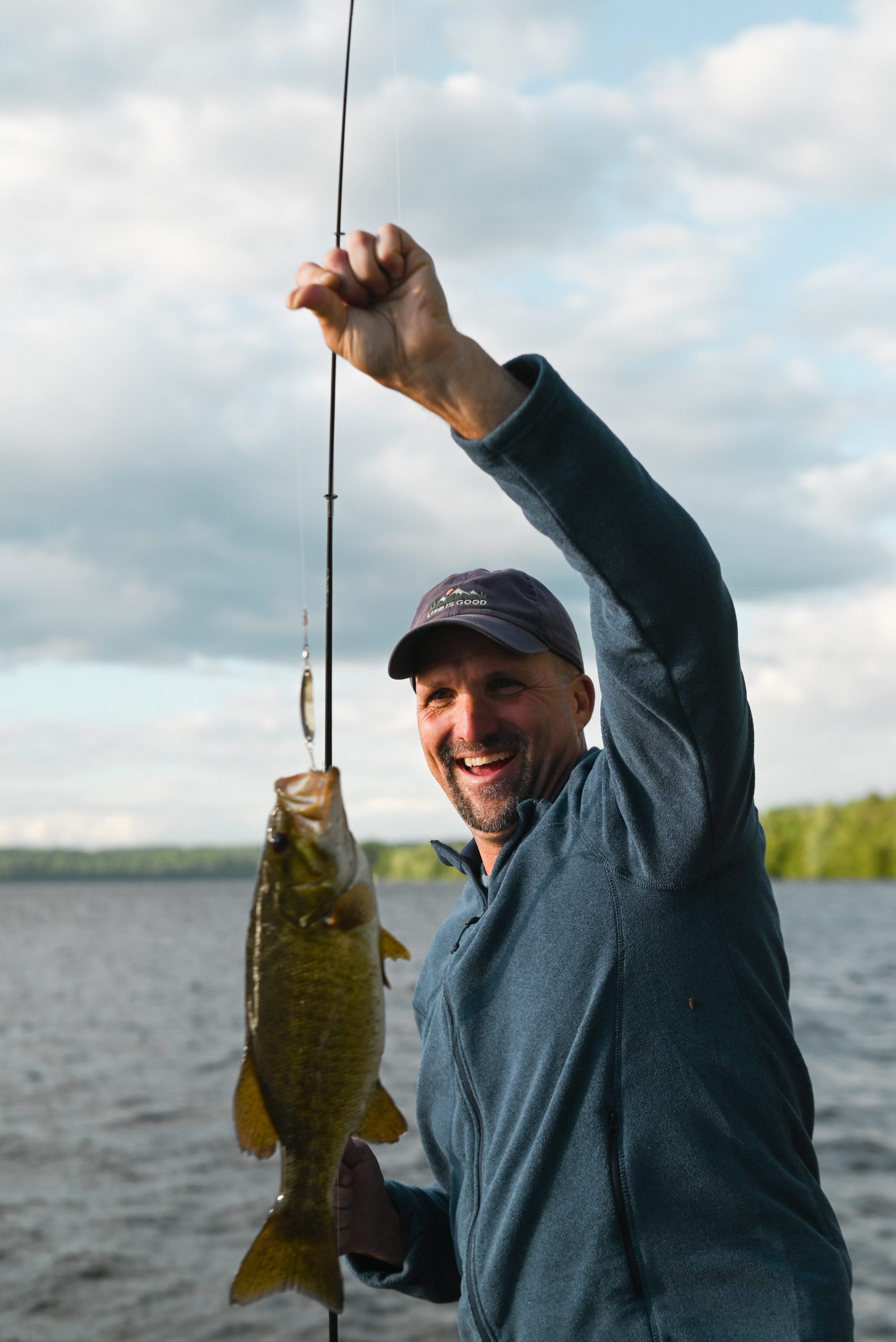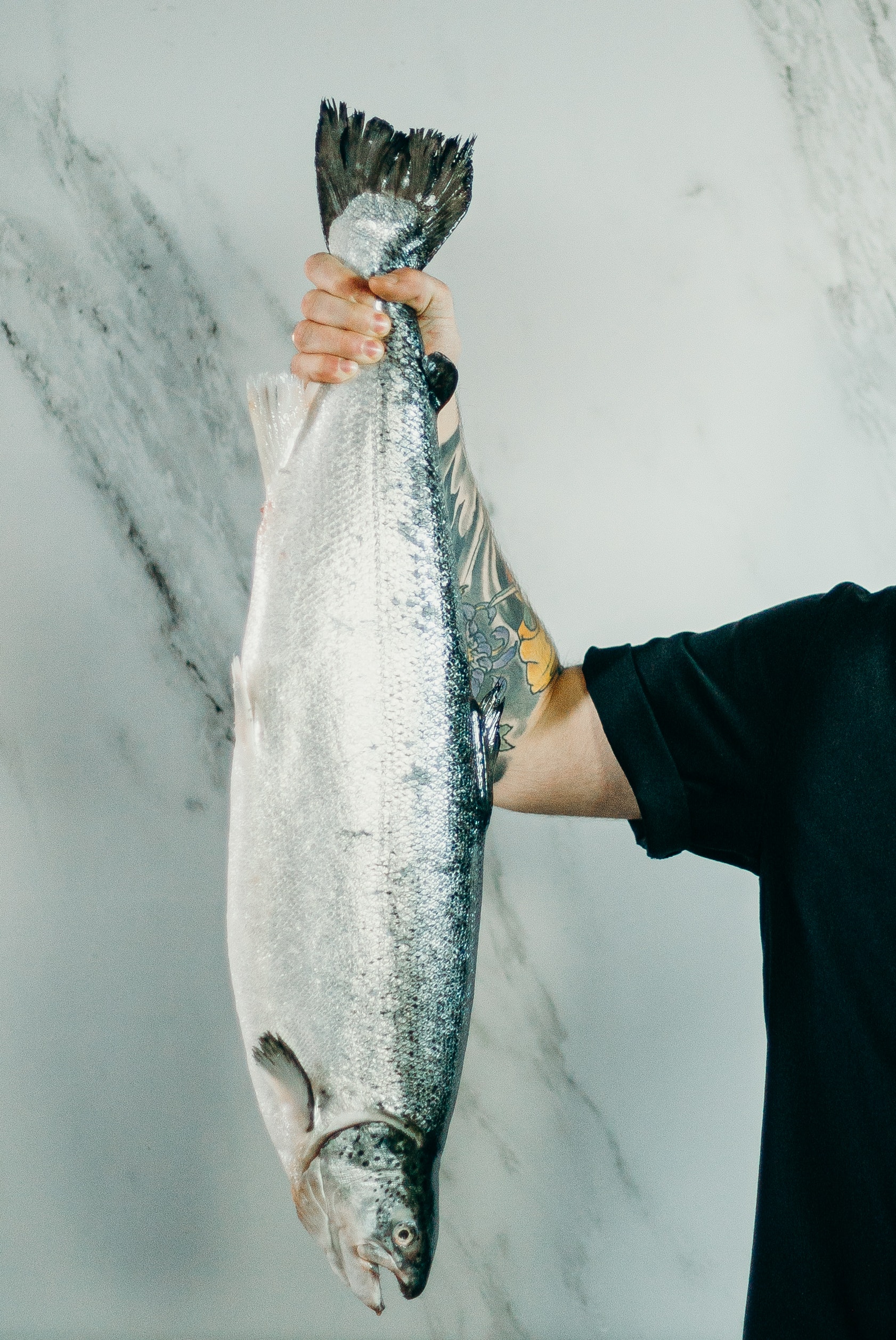FAQs
To 15 FAQs for Cape Cod Tuna Charters
Best times of year for tuna charters in Cape Cod:
- The prime season for targeting tuna around Cape Cod stretches from late spring through the fall, peaking in late summer. During these months, water temperatures become ideal for Bluefin tuna, attracting them closer to shore and making them more active and accessible to anglers.
Types of tuna off Cape Cod:
- While Bluefin tuna are the primary target for most charters due to their size, fighting prowess, and value, other species such as Yellowfin, Bigeye, and occasionally Albacore can also be found. The specific species encountered can depend on the fishing area, water temperature, and time of year.
Duration of a typical tuna fishing charter:
- Charter durations are designed to maximize fishing opportunities while considering the distance to fishing grounds and the endurance of guests. Half-day charters offer a taste of tuna fishing, suitable for those with limited time or beginners, while full-day or extended trips provide the best chances for targeting and landing these magnificent fish.
Prerequisites or experience levels:
- Charters are generally accommodating to all, with no strict prerequisites. Beginners can benefit from the expertise of the crew, while experienced anglers can tackle the challenges of targeting larger specimens. The goal is to ensure everyone aboard has a rewarding and enjoyable experience, regardless of their skill level.
Charter fee inclusions:
- Charter fees typically cover the cost of the boat, fuel, captain, and crew services, as well as the use of high-quality fishing gear and bait. Some charters might include additional amenities such as meals and drinks, but it’s always best to confirm what’s included and what might be additional costs, such as gratuities or fish cleaning services.
Gear and equipment provided:
- Charters usually supply all necessary fishing equipment, including rods, reels, bait, and tackle, optimized for tuna fishing. Anglers should bring personal items to ensure comfort and safety, such as protective clothing and any preferred snacks or drinks, unless these are provided.
Typical itinerary:
- A day on a tuna charter involves early morning departures to take advantage of the best fishing times and conditions. Travel time to the fishing grounds can vary, followed by hours dedicated to fishing, using techniques ranging from trolling to casting or jigging, before returning to port. The crew will assist in finding fish, setting up gear, and providing guidance throughout the day.
Safety measures and emergency protocols:
- Safety is paramount on any charter. Boats are equipped with life vests, emergency signaling devices, and often life rafts, along with communication equipment for coast guard contact. Crews are trained in first aid and emergency response, ensuring that guests are in safe hands.
Catch policies:
- Regulations governing the catch of tuna are strict, with limits on sizes and numbers that can be kept, to ensure sustainability. Many charters practice catch and release, especially for larger Bluefin tuna, but will inform guests of any possibilities to keep their catch within legal bounds.
Cancellation and refund policies:
- Charters have clear policies for cancellations, often requiring notice several days ahead for a full refund. Weather-related cancellations are typically at the captain’s discretion, with attempts to reschedule if possible. Understanding these policies upfront can help avoid any misunderstandings.
Handling adverse weather or sea conditions:
- The safety and comfort of guests and crew are the primary concerns when facing adverse weather. Decisions to cancel or modify trips are made based on accurate weather forecasts and sea conditions, with safety as the guiding principle.
Private vs. group charters:
- Private charters offer a more personalized experience, allowing groups to enjoy the boat to themselves, often with the ability to customize the trip to their preferences. Group charters are more economical and provide an opportunity to meet and fish with others. The choice depends on the preferences, budget, and goals of the anglers.
Success rates for tuna fishing:
- Success rates can vary, but experienced captains leverage their knowledge of local waters, fish behavior, and seasonal patterns to increase the chances of a successful catch. Regular communication about recent catches and conditions can provide a realistic expectation for the trip.
Instructional guidance for beginners:
- Charters are not just about fishing; they’re also an opportunity to learn. Captains and crews are often eager to share their knowledge, teaching techniques and strategies for tuna fishing, making the experience educational as well as enjoyable for novices.
Food and drinks provision:
- Provisions vary by charter. While some include meals and refreshments as part of the package, others might require guests to bring their own, particularly for longer trips. Clarifying this ahead of time helps ensure that everyone is well-fed and hydrated throughout the adventure.


